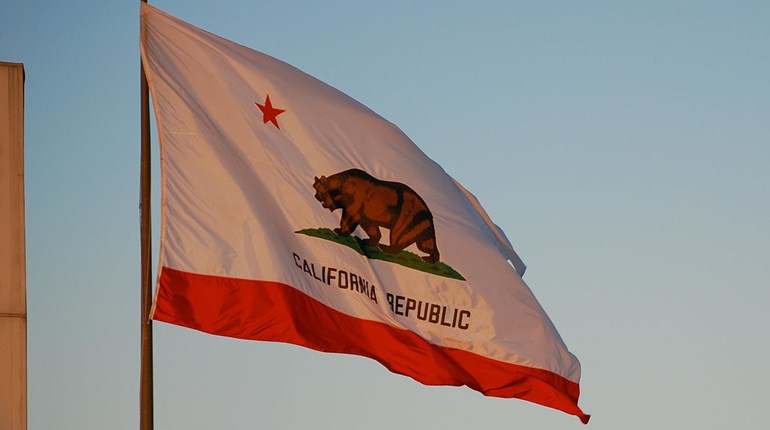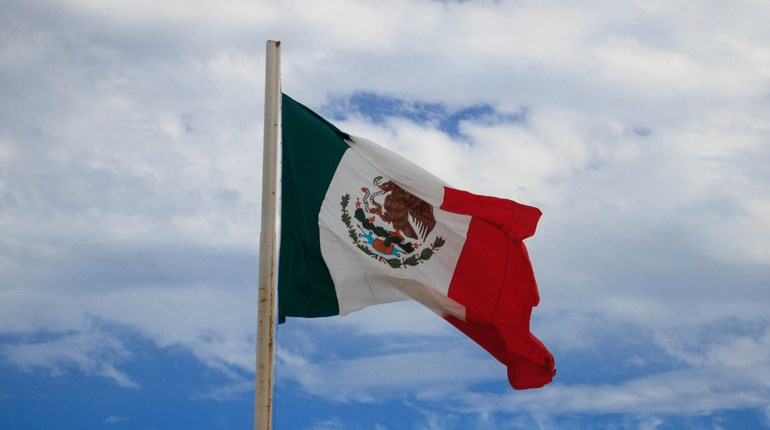
Democratic front-runner Hillary Clinton seems to be going out of her way lately to prove how out-of-touch she is with everyday Americans. In an early April speech at Medgar Evers College in Brooklyn, she attempted to paint herself as an everywoman by discussing the financial struggles she experienced after graduating college: “I went to work for the Children’s Defense Fund, making about $14,000 a year, so I couldn’t afford some big [student loan] payment.” We can’t possibly fathom why: What Clinton conveniently neglected to mention that in today’s dollars, her $14,000 starting salary would be around $74,464—far from the reality of most of today’s graduates.
Just two short days later, in another try at proving to Americans that she’s really just one of us, Clinton decided to take the New York City subway. The media made much of the fact that it took four attempts for her to figure out how to get through the turnstile, but we’d posit that, with her entourage and large team of armed security, the jig was up before she entered the gate.
But while her ongoing public gaffes may be good for a chuckle now and again, these disconnects from the beliefs and experiences of the majority of Americans hint at a far more insidious reality, one with which gun owners are already well-acquainted. Perhaps her most egregious misstep to date has been her crusade against the Protection of Lawful Commerce in Arms Act (PLCAA).
In an era in which gun sales routinely shatter records, even in liberal enclaves like California, Clinton is betting all her chips on gun control—an issue that Americans consistently list near the bottom of things they would like to see the government focus on. Speaking of polls, according to Gallup NRA currently enjoys a 58 percent favorability rating (its second-highest since polling began in 1989)—perhaps something Hillary should have considered before pledging to “keep taking on the NRA.”
But perhaps her most egregious misstep to date has been her crusade against the Protection of Lawful Commerce in Arms Act (PLCAA).
Signed by President George W. Bush in 2005, after anti-gun groups filed several frivolous lawsuits against American firearms manufacturers in an attempt to implement gun control by bankrupting the industry, the PLCAA was designed to shield manufacturers from liability for acts committed by those who used their products illegally. At the time, Hillary voted against the Act, and despite the firearms industry’s positive impact on the American economy, her opinion of it does not seem to have softened with time.
After the recent shooting at Oregon’s Umpqua Community College, Clinton held a town hall meeting at which she proclaimed, “So far as I know, the gun industry and gun sellers are the only business in America that is totally free of liability for their behavior. Nobody else is given that immunity. And that just illustrates the extremism that has taken over this debate.”
A look at the facts shows exactly which direction the “extremism that has taken over this debate” is coming from. First of all, the firearms industry isn’t the only one that enjoys this additional sort of protection—Congress has also passed limitations on liability for other industries, including internet service and content providers, the creators of vaccines and small aircraft manufacturers.
Secondly, and perhaps most importantly, this immunity that Clinton speaks of simply does not exist. In an email to NPR, UCLA professor Adam Winkler explains why: “The 2005 law does not prevent gun makers from being held liable for defects in their design. Like car makers, gun makers can be sued for selling a defective product. The problem is that gun violence victims often want to hold gun makers liable for the criminal misuse of a properly functioning product.”
The key words here are “properly functioning product.” If a burglar breaks into your house and your self-defense firearm explodes in your hands, you still have every right to seek damages from the manufacturer for a defective product. Likewise, if that burglar had notified the retailer at the time of purchase that he intended to use the firearm to break into someone’s house, the retailer is not immune from responsibility under the PLCAA simply by virtue of selling firearms.
If this all sounds perfectly reasonable to you, you’re not alone. In mid-April, Harper Polling conducted a national poll of 1,000 registered voters’ views on the PLCAA. Respondents were asked which of the following two statements they agreed with: that the PLCAA “should be kept and we should punish the criminals who commit these acts, not the law-abiding manufacturers and retailers of lawful products that get misused,” or that PLCAA “should be repealed because the current protection enables manufacturers to sell guns to people who shouldn’t have them, because they know they cannot be sued and don’t face any consequences.”
While the second option is basically a paraphrase of Clinton’s talking points, it seems Americans know enough to tune her out. The poll revealed that a full 72 percent—nearly three-quarters—of respondents agreed PLCAA offered much needed protections to the firearms industry. Only 26 percent of respondents had views that fell in line with Clinton’s rhetoric, while 4 percent were unsure or preferred not to answer.
During a time when most every issue seems divisive, finding something 72 percent of Americans agree on is all but unheard-of. In fact, more Americans support the PLCAA than believe that they pay too much in taxes; and in a country that proclaims on its currency that we are “one nation under God,” the number of people who support the PLCAA is only three percentage points below the number of people who identify as Christian.
And a closer look at the data shows support for PLCAA remains consistent across every demographic group—painting an even more damning picture for Clinton’s crusade.Secondly, and perhaps most importantly, this immunity that Clinton speaks of simply does not exist.
As expected, those who identified themselves as “Strong Republicans” showed the highest support for the legislation, with 91 percent agreeing it should be left in place. Among “Lean Republicans,” the PLCAA fared nearly as well, with an 86-percent approval rating.
More surprising were the results of the remaining respondents. Those who identified as Independents supported PLCAA almost as strongly as Republicans: Three-quarters view the legislation as beneficial. Even among “Strong Democrats” PLCAA supporters still won the day (albeit by only 2 percentage points).
This trend continued to hold across every geographical region. In the West, with its prevailingly conservative values and strong hunting heritage, 75 percent supported PLCAA—but even in the traditionally liberal Northeast, a majority (64 percent) voted to keep it in place.
Interestingly, even those who don’t own guns and those who voted for Obama in 2012 found merit in the PLCAA. These groups, typically among the strongest proponents of gun control, favored the Act by 56 percent and 53 percent respectively.
We know that Clinton’s calls for expanded gun control have fallen flat among the electorate: A December CNN poll found that even as Second Amendment protections continue to be expanded across most of the country, the number of people in favor of stricter gun laws still falls short of the number opposing them. But nowhere do her plans seem to be more at odds with the beliefs of the American public than in her opposition to the PLCAA.
As former NRA President David Keene explained, “She’s setting herself up for a very tough race in the fall, because there are millions upon millions of Americans—not all Republicans, not all conservatives, but many Independents and many Democrats—who take the Second Amendment seriously, and take candidates who seriously threaten their rights under the Second Amendment as somebody that should not be elected to public office.”
If the American electorate sees Clinton’s opposition to PLCAA for what it is—undeniable proof that her own personal ambitions will always prevail over the will of the people—history may remember this particular gaffe as the one that cost her the presidency.
































